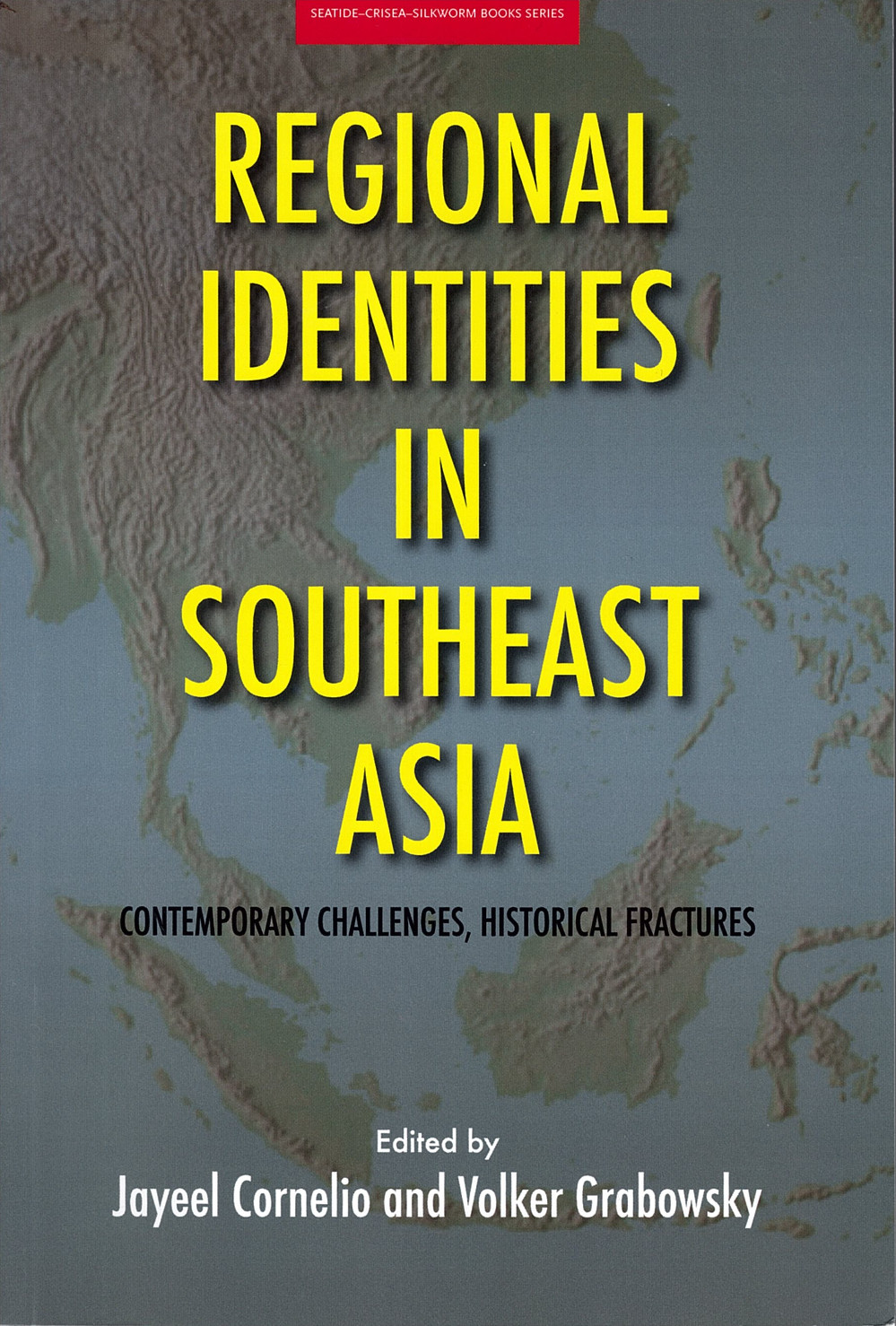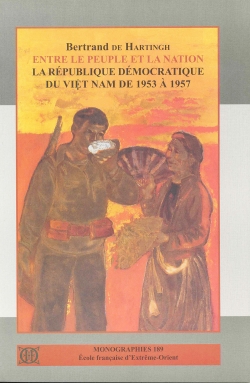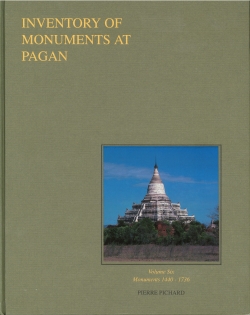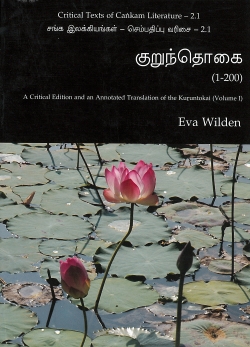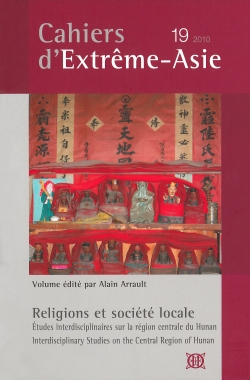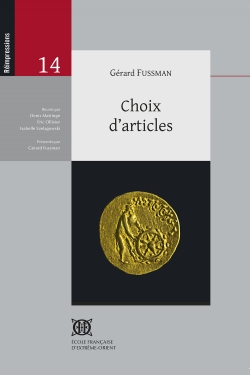The catalog of EFEO Publications includes works on a wide range of disciplines in the humanities and social sciences (archaeology, history, anthropology, literature, philology, etc.), centered on Asia, from India to Japan.
These publications address both specialists, and a wider public interested in Asian civilizations and societies.
Regional Identities in Southeast Asia
Contemporary Challenges, Historical Fractures
Collection : SEATIDE-CRISEAS-Silkworm books
Collection's number: 1
Editor: Cornelio (Jayeel), Grabowsky (Volker)
Edition: Silkworm Books
Publication date: 2023
Status : Other Distributor
0,00 €
ISBN-13 : 9786162151903
Width : 15 cm
Height : 23 cm
Weight : 0.64 kg
Number of pages : 484
Distributor : Autre éditeur
Geography : South East Asia
Language : English
Place : Chiang Mai
Support : Papier
Description :
15x23, 484 p. 2023, anglais, broché
Abstract
Notes
Available on Gramedia website here
About the collection
SEATIDE-CRISEAS-Silkworm books
About the editor
Cornelio (Jayeel)
Grabowsky (Volker)
Related books
Bulletin de l'École française d'Extrême-Orient (BEFEO)
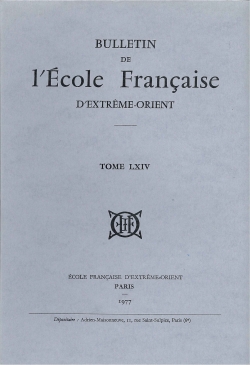
Bulletin de l'Ecole française d'Extrême-Orient 64 (1977)
Henri CHAMBERT-LOIR, Mireille BÉNISTI, Saveng PHINITH, POU Saveros, Khin SOK, Vasundhara FILLIOZAT, NGUYỄN THẾ ANH, Philip N. JENNER, N. R. BHATT, E. GUILLON, Pierre L. LAMANT
38,00 €
1977
• Available
